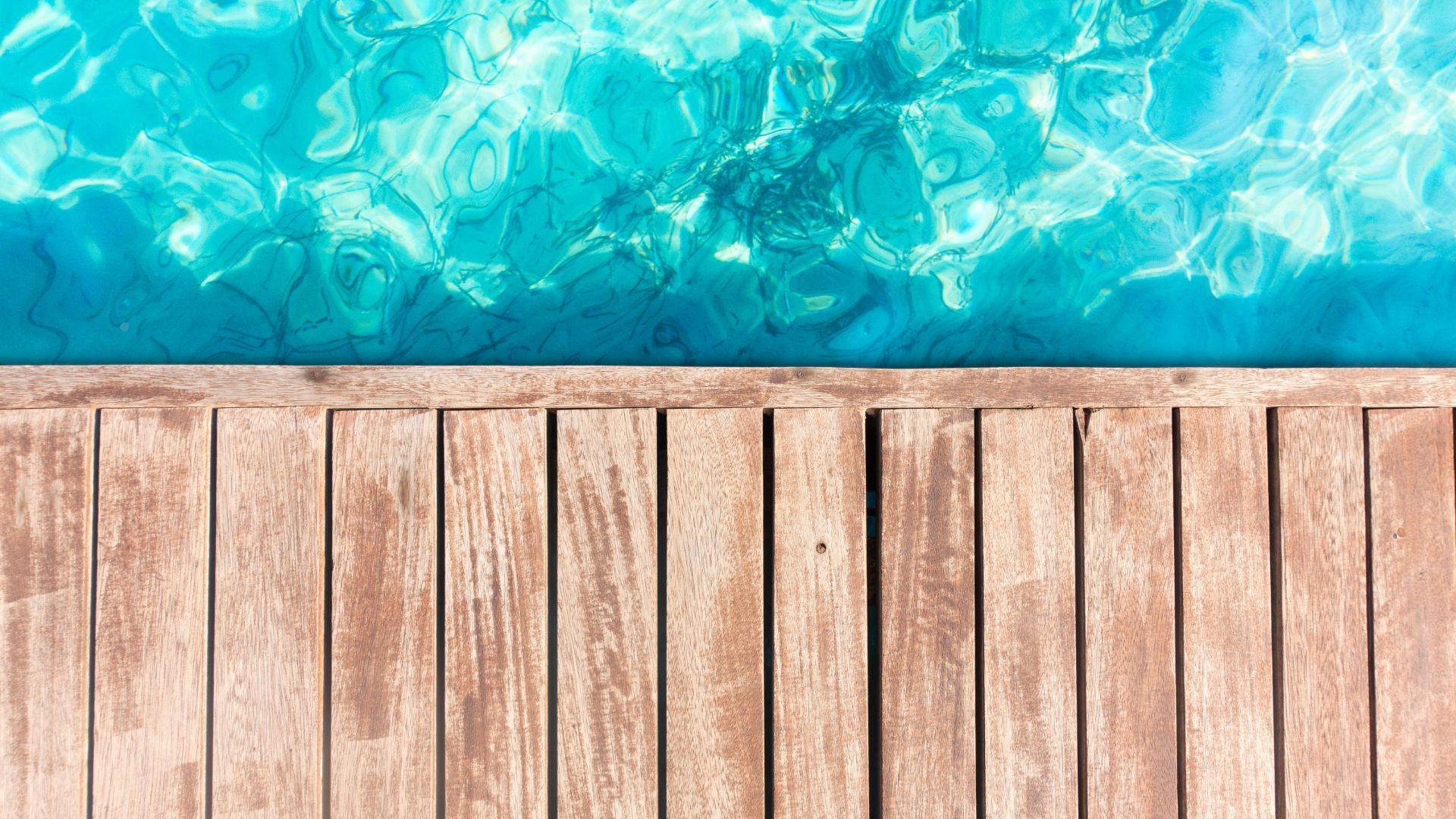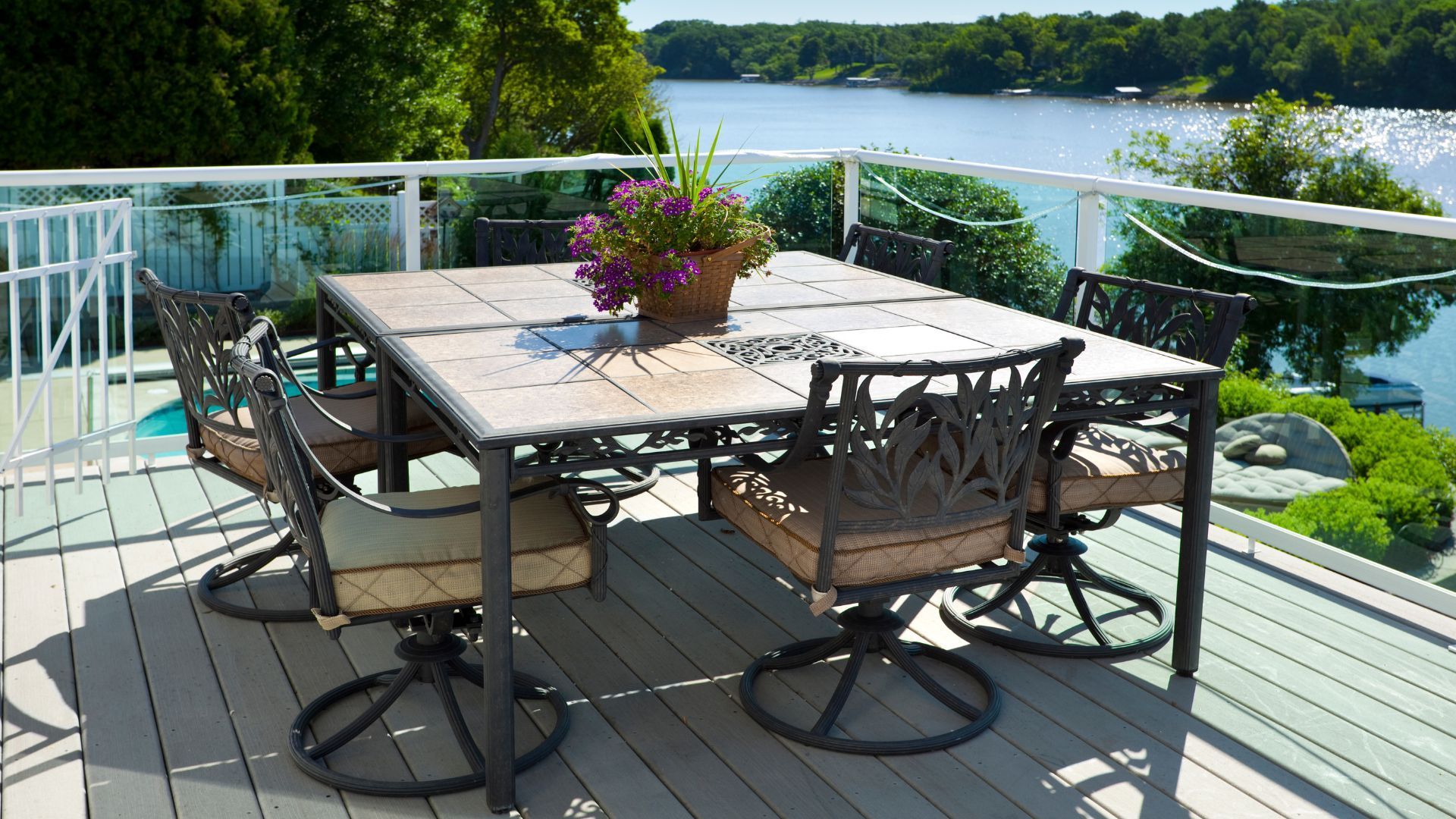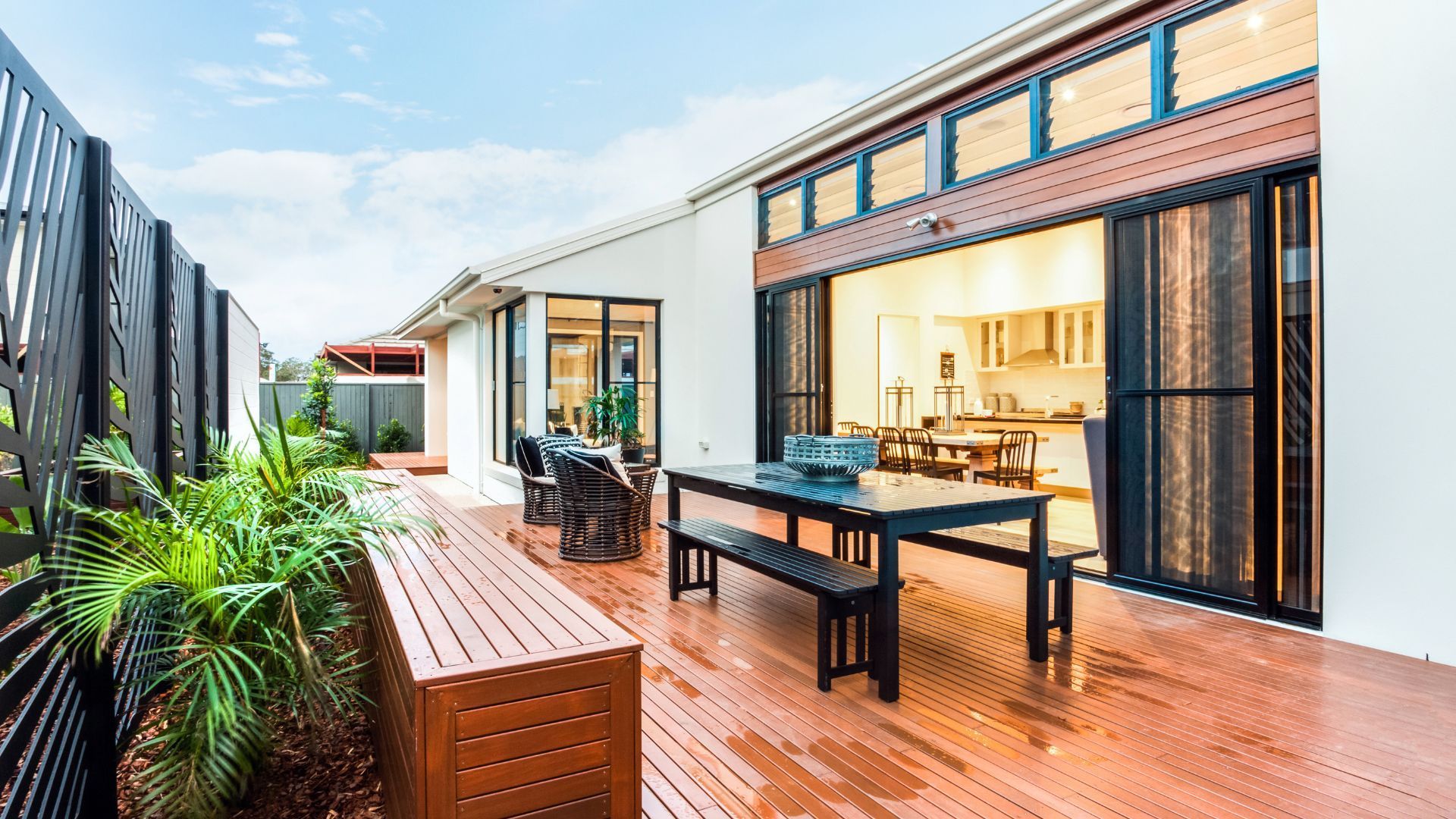South Bay Deck Pros' Guide to Salt-Resistant Construction Materials
Chula Vista, CA, offers a beautiful coastal lifestyle, but it also brings the challenge of salt air, which can be harsh on construction materials. At South Bay Deck Pros, we understand the importance of choosing salt-resistant construction materials to ensure your deck remains durable and beautiful for years to come. In this guide, we'll explore the best salt-resistant materials for your coastal deck project.

The Impact of Salt Air on Deck Materials
Corrosion and Durability
Salt air can accelerate the corrosion of metals and the deterioration of wood. Exposure to salty conditions can lead to rust, rot, and other forms of damage, significantly shortening the lifespan of your deck.
Maintenance Requirements
Using materials that are not salt-resistant can increase maintenance requirements, making it more challenging to keep your deck in good condition. Choosing the right materials from the start can save you time and money on repairs and maintenance.
Ideal Salt-Resistant Materials for Deck Construction
Composite Decking
Benefits
Composite decking is made from a combination of wood fibers and plastic. This material is highly resistant to moisture, salt, and UV rays, making it an excellent choice for coastal environments.
Aesthetic and Durability
Composite decking mimics the look of natural wood but offers greater durability and lower maintenance. It does not splinter, warp, or require sanding and staining like traditional wood decking.
Stainless Steel
Benefits
Stainless steel is an ideal material for hardware, fasteners, and railings in salt-exposed environments. It has a high resistance to corrosion, particularly grades such as 316 stainless steel, which is specifically designed for marine conditions.
Applications
Use stainless steel for screws, bolts, hinges, and other structural components on your deck. This ensures the structural integrity of your deck will be maintained even in harsh coastal conditions.
Pressure-Treated Lumber
Benefits
Pressure-treated lumber undergoes a process that infuses preservatives deep into the wood, making it resistant to rot, insects, and moisture. While it offers significant durability, it does require regular maintenance to remain in prime condition.
Suitable Uses
Pressure-treated lumber is suitable for framing and support beams. However, consider sealing the wood to protect it further from salt exposure and extend its lifespan.
Aluminum
Benefits
Aluminum is highly resistant to corrosion caused by salt air, making it a great choice for railings, balusters, and even decking. It is lightweight yet strong, and it does not rust, splinter, or crack.
Maintenance
Aluminum requires minimal maintenance and can be powder-coated in various colors to match your aesthetic preferences. It is also recyclable, making it an environmentally friendly option.
PVC Decking
Benefits
PVC decking is made entirely from polyvinyl chloride, offering exceptional resistance to moisture, salt, and chemicals. It is an excellent choice for coastal areas due to its durability and minimal maintenance requirements.
Design Options
PVC decking comes in a variety of colors and textures, providing flexibility in design. It does not fade or stain easily, ensuring it remains attractive over time.
Maintenance Tips for Salt-Resistant Decks
Regular Cleaning
Even with salt-resistant materials, regular cleaning is essential to remove salt residues that can build up over time. Use a mild detergent and water to wash your deck and avoid using abrasive cleaners that could damage the surface.
Protective Coatings
Applying protective coatings, such as sealants on pressure-treated lumber, can further enhance the material's resistance to salt damage. Ensure the coatings are designed for use in coastal environments.
Periodic Inspections
Conduct regular inspections to identify any signs of wear or damage early. Prompt repair of any issues will help maintain the structural integrity and appearance of your deck.
Conclusion
Building a deck in Chula Vista requires careful consideration of materials due to the coastal environment. Choosing salt-resistant materials like composite decking, stainless steel, pressure-treated lumber, aluminum, and PVC ensures your deck will be durable, low-maintenance, and beautiful. At South Bay Deck Pros, we specialize in using the best materials for your coastal deck project. Contact us today to start planning your salt-resistant deck!
FAQs
What is the best decking material for saltwater environments?
Composite decking and PVC decking are among the best materials for saltwater environments due to their high resistance to moisture and salt.
Can pressure-treated lumber withstand salt air?
Yes, pressure-treated lumber can withstand salt air, but it requires regular maintenance and sealing for optimal performance.
Why is stainless steel a good choice for coastal decks?
Stainless steel, especially 316 grade, is highly resistant to corrosion caused by salt air, making it ideal for hardware and fasteners in coastal decks.
How can I maintain my salt-resistant deck?
Regular cleaning with mild detergent, applying protective coatings, and conducting periodic inspections will help maintain your salt-resistant deck.
Is aluminum a good material for coastal deck railings?
Yes, aluminum is an excellent choice for coastal deck railings due to its high resistance to corrosion and minimal maintenance requirements.




